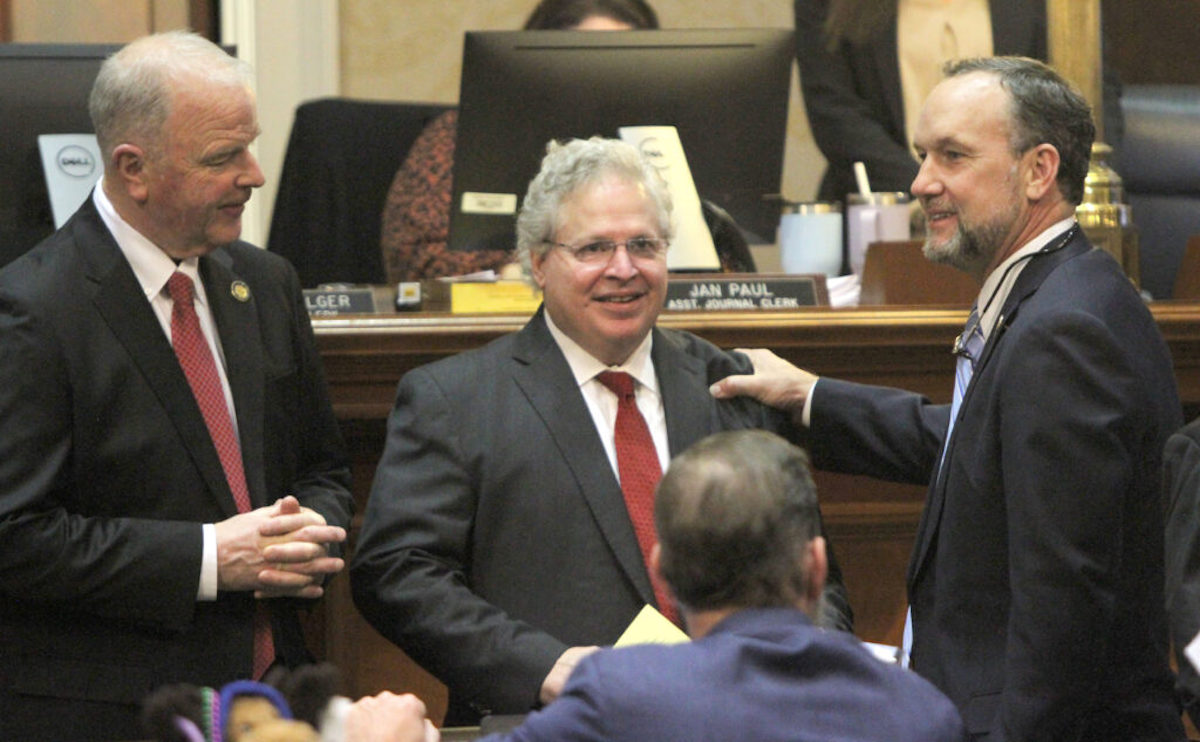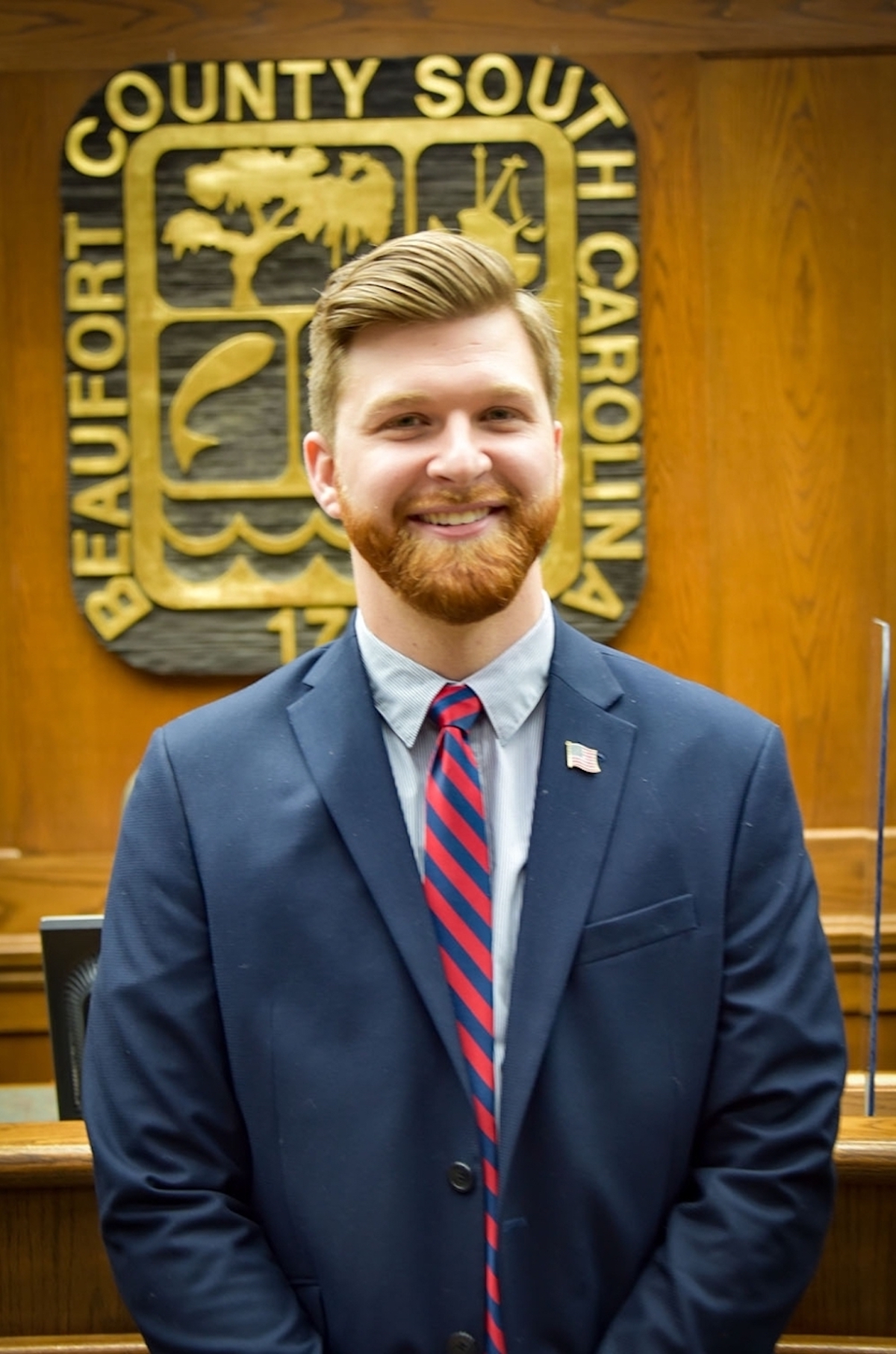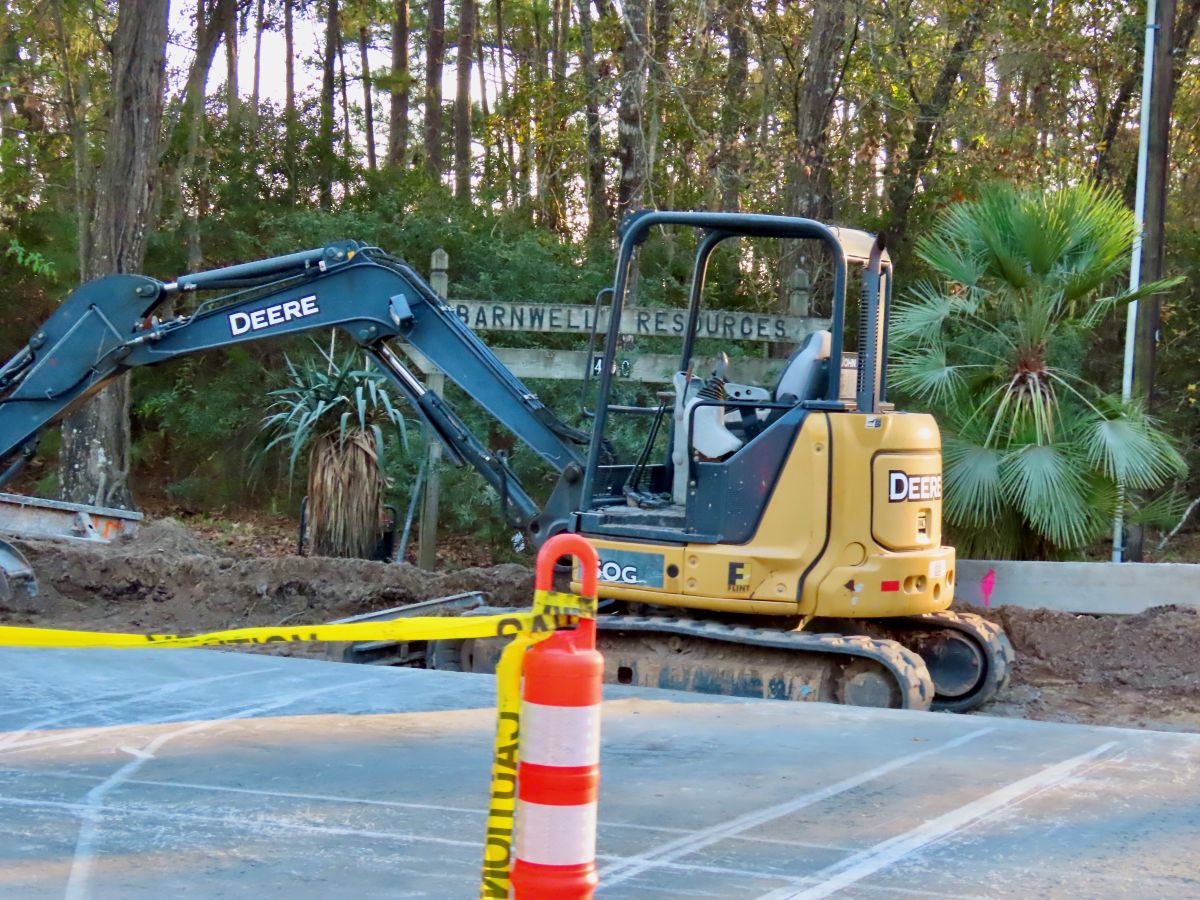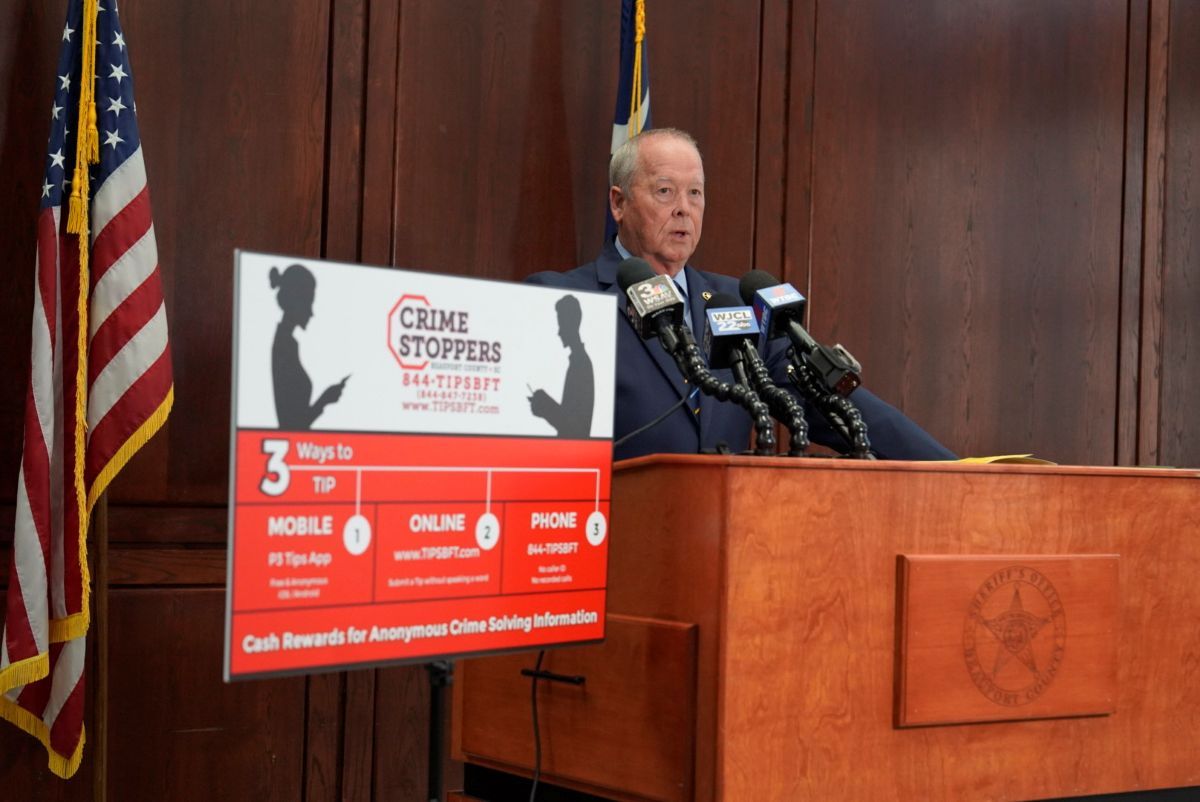By Jessica Holdman
SCDailyGazette.com
COLUMBIA — Legislation that proponents say will provide much-needed electricity to keep the lights on for South Carolina’s growing population and industry base received approval Wednesday, March 27, in the House despite concerns that it rolls back protections for billpayers.
The proposal’s primary purpose was to grant permission for Dominion Energy and state-owned utility company Santee Cooper to partner on a possible 2,000-megawatt natural gas plant on the site of a former coal-fired power plant along the Edisto River in Colleton County.
But in the process, the legislation introduces sweeping regulatory changes that have drawn significant criticism from environmental and consumer groups.
The House easily advanced the measure introduced last month by Speaker Murrell Smith, R-Sumter. The 88-21 vote was not entirely on party lines, as nine Democrats voted for it. No Republican voted against it.
“The confluence of population and economic growth with the failure to bring new baseload generation online has brought us to a pivotal moment in this state. We can no longer afford to turn a blind eye to the crisis of our energy infrastructure,” said Rep. Jay West, R-Belton, who shepherded the bill through the legislative process.
Opponents note those are the same arguments utilities made when they asked lawmakers to pass legislation 17 years ago paving the way for new nuclear reactors. Santee Cooper and Dominion’s predecessor, South Carolina Electric & Gas, ultimately abandoned the V.C. Summer expansion amid rampant fraud and cost overruns, but not before leaving power customers on the hook for billions of dollars to pay for a failed power plant that never generated a single megawatt.
Groups including the Southern Environmental Law Center and the Conservation Voters of South Carolina argue that, like the 2007 measure, legislative support for the gas plant expressed in this new bill “signals” utility regulators to push the project through.
Supporters insist that is not the case and that the utilities will be subject to the full scrutiny of regulators.
“How do we know that this plant is in the customer’s interest? We don’t. And we’re not saying that it is,” West said in a speech on the House floor. “We are allowing the process to work as it should.”
West went on to accuse environmental groups of using “scare tactics” to drum up opposition.
“I’ve heard it’s a wink and a nod to (utility regulators),” West said. “The truth is the enviros lost … and now they’re trying to hold our state’s energy security hostage.”
But it’s not just a power plant, said Frank Holleman, an attorney with the Southern Environmental Law Center. It’s massive pipelines and power lines, too.
The legislation speeds up the permitting process for this type of infrastructure when it falls within so-called “energy corridors” where a utility has an existing transmission line, substation, switchyard, natural gas pipeline and associated structures. But the bill does not define the expanse of what it considers a corridor or whether it extends beyond existing easements the utilities already control, necessitating they gobble up more land.
In Canadys, a small natural gas pipeline runs to the area, but utilities will need a much larger one, hooking up to existing supply points near Savannah or Augusta, Georgia, to feed a power plant. Interstate pipelines can be 2 to 3 feet in diameter and require a roughly 100-foot-wide path for construction.
Companies have yet to say where the new line will go. If it’s not in the same path as an existing line, the accelerated permitting process may not apply.
The bill also gives permission for Santee Cooper to buy up natural gas contracts on a new pipeline, “so we can get this gas in other areas of our state that are literally tapped out,” West said. Federal law requires pipeline projects to have buyers for all of the gas they will ship.
Having Santee Cooper take the initial risk and commit up front to buy the gas will allow new lines to go through. State economic development officials can then use that newly available gas to lure new industry to the state, West said, with Santee Cooper selling off those gas contracts to companies that need them.
The biggest sticking point for the measure in the House was its shrinking of the Public Service Commission, the state’s regulatory panel, from seven members to three.
West said the intent was to get “the best and most qualified candidates” and be able to pay them more.
House Minority Leader Todd Rutherford, D-Columbia, argued reducing the number of commissioners, who are currently chosen by congressional districts, means lawmakers and citizens will have less power over who sits on the board.
While the speaker-sponsored bill — co-signed by nearly 60 Republicans — sailed through the House, GOP leaders in the Senate have indicated it will get more review in the chamber that prides itself as the deliberative body.
“It deserves extra scrutiny,” Republican Senate Majority Leader Shane Massey previously told The Associated Press.
Jessica Holdman writes about the economy, workforce and higher education. Before joining the S.C. Daily Gazette, she was a business reporter for The Post and Courier.
S.C. Daily Gazette is part of States Newsroom, the nation’s largest state-focused nonprofit news organization.











